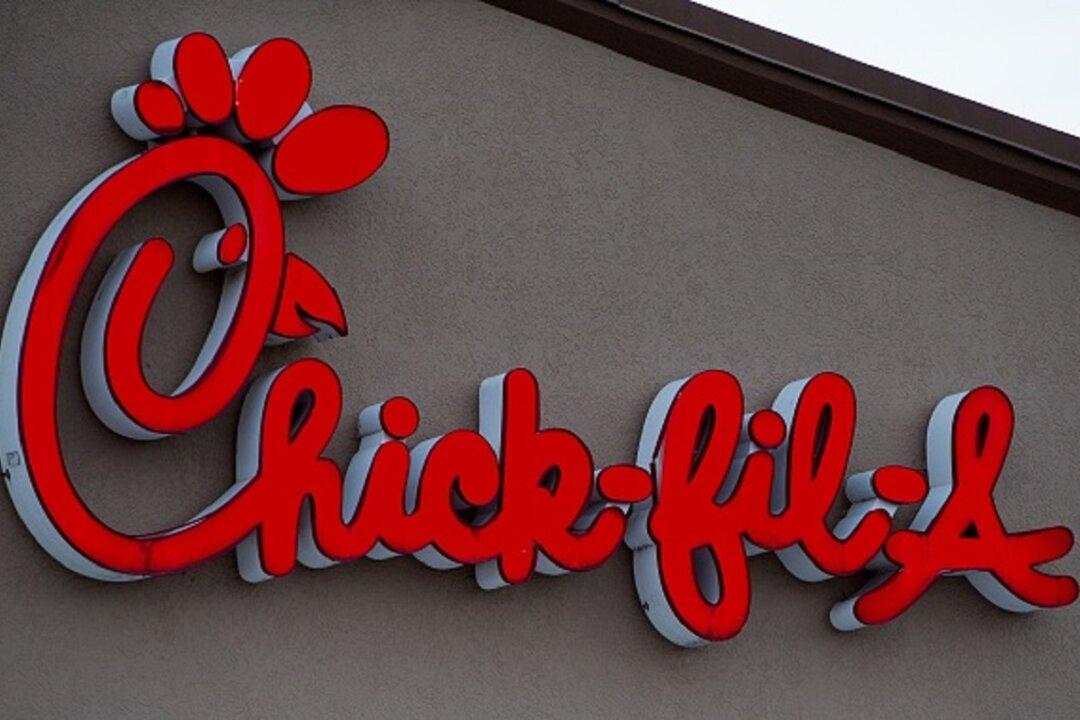Fast-food restaurant chain Chick-fil-A is launching an entertainment app that will feature animated shows and other programs aimed at families.
“Launching Nov. 18, the Chick-fil-A Play App will offer families the ultimate digital ‘playground’ featuring fun and unique content made to be shared both within the app and in-person,” the company said in an Oct. 21 statement. The free app is expected to feature a wide variety of content, including original shows, games, and podcasts. Original shows will include the Evergreen Hills series, which the company has been uploading on its YouTube channel for the past two years.





